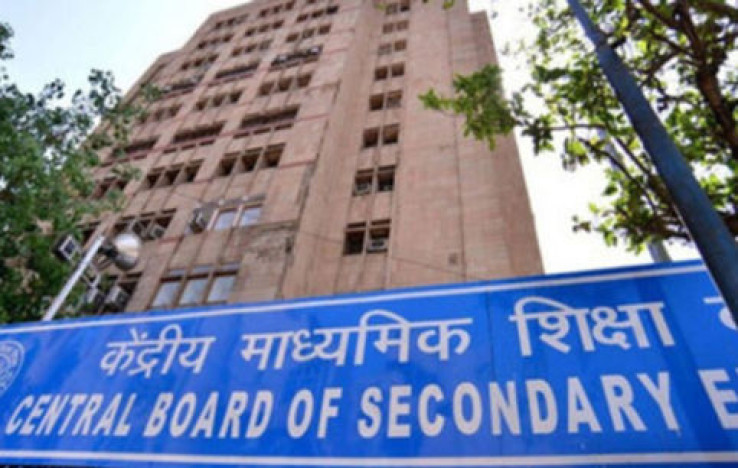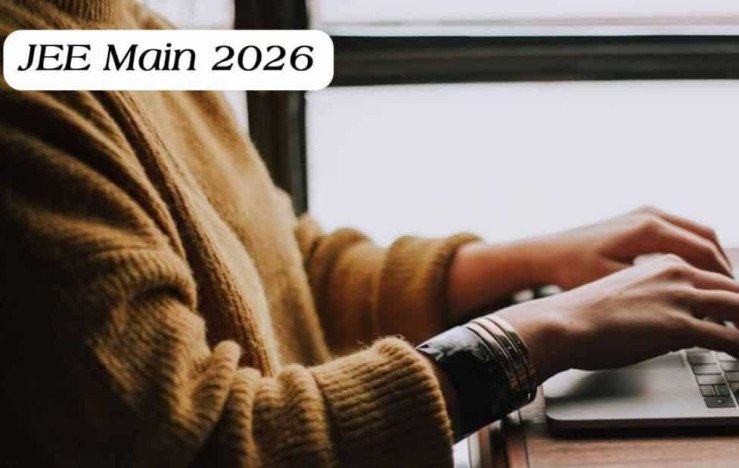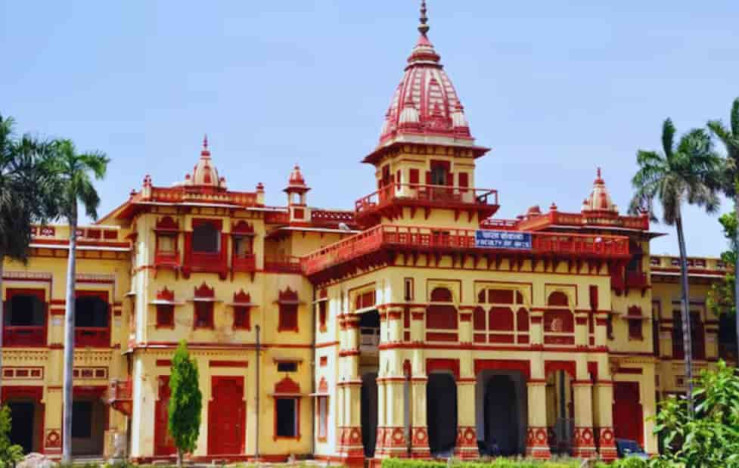Last Updated Oct - 02 - 2023, 07:08 PM | Source : NDTV | Visitors : 75
CBSE advocates for a uniform education system up to Class 12 in the Delhi High Court, emphasizing the significance of local context in curriculum development.

The Delhi High Court heard a Public Interest Litigation (PIL) from the Central Board of Secondary Education (CBSE) that wanted a uniform education system for all of the country up to Class 12.
The board responded to the court by stating that since education is a topic covered by the Concurrent List of the Constitution and the majority of schools fall under state or union territory jurisdiction, it is the responsibility of those governments to develop the curricula and exams for their respective schools.
READ MORE| PM YASASVI Scholarships Shift to Merit-Based Selection for 2023
The board argued for the introduction of mother tongue education at all levels, pointing out that the universal board/syllabus used throughout India ignores the local context, culture, and language.
The CBSE further emphasized the value of incorporating local resources, culture, and ethos into the curriculum, claiming that kids may relate to courses better if they are more directly related to their lives outside of school. As a result, in addition to a fundamental shared aspect, the diversity of curricula and other educational materials is desirable.
What is stated in the petition
A practicing advocate and BJP leader named Mr. Upadhyay claimed that while the curriculum and syllabus for entrance exams are the same, those for the CBSE, Indian Certificate of Secondary Education, and state boards are completely different. As a result, pupils do not receive equal opportunities in accordance with Articles 14 through 16 of the Constitution.
"It does not provide equal opportunity to all students as the syllabus-curriculum of CBSE, ICSE, and State Board is totally different. Although harmonious-purposive construction of Articles 14, 15, 16, 21, 21A with Articles 38, 39, 46 confirms that education is the most important fundamental right and the state cannot discriminate on the grounds of region, religion, race, caste, class or culture," Mr Upadhyay was quoted as saying by news agency ANI.
"Even though this disparity cannot be fully removed, the government can establish a standardized entrance system for college and university aspirants. Standardization of syllabus and curriculum means that everyone would have equal chances of getting into colleges and universities," the petitioner said.
"The right to education is a fundamental right. Therefore, it must be at the same level and similar standard, and not based on the child's socioeconomic conditions. The children have the right to avail free compulsory and common education irrespective of their social-economic religious and cultural background," said the plea.
How are textbooks set across the country
The National Curriculum Framework (NCF), formed by the NCERT, establishes the rules in accordance with the National Education Policy, and the two are in charge of creating the curriculum, syllabi, textbooks, and other supplemental materials for schools all over the country. According to CBSE, the State Council of Educational Research and Training (SCERTs) and State Education Boards either use or adapt the model textbooks and curricula from NCERT or create their own textbooks and curricula based on NCF.
According to the CBSE, there are no merits in the interest of justice in the current writ case calling for a consistent educational system across the nation.
READ MORE| TV Narendran, CEO of Tata Steel, Appointed Chair of IIT Kharagpur's Board of Governors

Jan - 15
• What’s Going On?
The National Testing Agency is preparing to release the JEE Main 2026 Session 1 admit card ve... Read More

Jan - 10
The National Testing Agency has issued an important update for students preparing for one of India’s most competitive entrance examinations. ... Read More

Jan - 09
Banaras Hindu University has opened the doors to free online learning opportunities by launching 121 credit-ready courses under the INI-SWAYAM prog... Read More